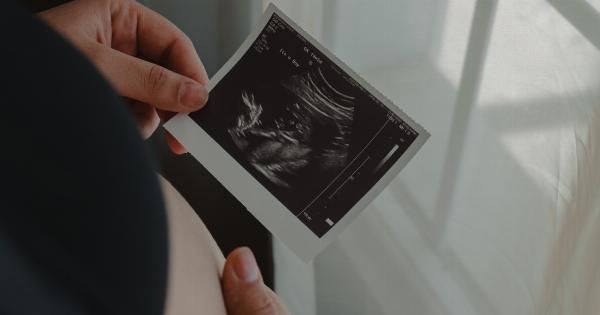Pregnancy can be both an exciting and stressful time. While many expectant mothers focus on taking care of their physical health during pregnancy, mental health is often overlooked.
It is essential to recognize the significant role that stress can play during pregnancy, specifically the link between stress and miscarriage.
What is a Miscarriage?
A miscarriage, also known as a spontaneous abortion, is the natural loss of a pregnancy before the 20th week. Most miscarriages occur during the first trimester, which is before the 13th week of pregnancy.
Although it is challenging to determine the exact number, research indicates that 10-20% of all pregnancies end in miscarriage.
The Causes of Miscarriage
Several factors can contribute to a miscarriage. The most common causes are chromosomal abnormalities, which prevent proper embryo development.
Other factors include hormonal imbalances, infections, uterine abnormalities, autoimmune disorders, and lifestyle factors (i.e., advanced maternal age, smoking, drug abuse, and alcohol consumption).
The Link between Stress and Miscarriage
It is no secret that stress can have harmful effects on the body. During pregnancy, stress can be particularly harmful to both the mother and the developing fetus.
Chronic stress elevates the mother’s cortisol levels, which can lead to reduced blood flow to the uterus. This decrease in blood flow can prevent oxygen and nutrients from reaching the fetus, ultimately leading to miscarriage.
In a study conducted by the University of California, stress can play a significant role in increasing the risk of miscarriage. The study found that women who had experienced high levels of stress had a 12% higher chance of miscarriage.
Additionally, pregnant women who experience stressful life events, such as the loss of a spouse or job, have been shown to be at higher risk for miscarriage.
The Effects of Stress on Unborn Babies
Stress not only affects mothers during pregnancy, but it can also have a lasting impact on developing fetuses. When a pregnant woman is exposed to high levels of stress, her cortisol levels increase.
This increase can affect how the fetus develops and has been linked to preterm birth and lower birth weights. Additionally, fetuses exposed to high levels of stress during pregnancy may be predisposed to anxiety and other mental health conditions later in life.
How to Manage Stress During Pregnancy
Managing stress during pregnancy is essential for both the mother and developing fetus. Although it can be challenging to manage stress, there are various techniques that expectant mothers can try, including:.
- Exercise regularly (with approval from a healthcare provider)
- Practice deep breathing techniques
- Take frequent breaks throughout the day to rest and relax
- Get enough sleep
- Engage in activities that bring joy and happiness, such as reading, listening to music, or spending time with loved ones
- Seek professional help if feeling overwhelmed or anxious
Conclusion
Stress can have a significant impact on pregnancy and can lead to miscarriage. It is essential to manage stress during pregnancy using various techniques, including exercise, deep breathing, and seeking professional help if necessary.





























